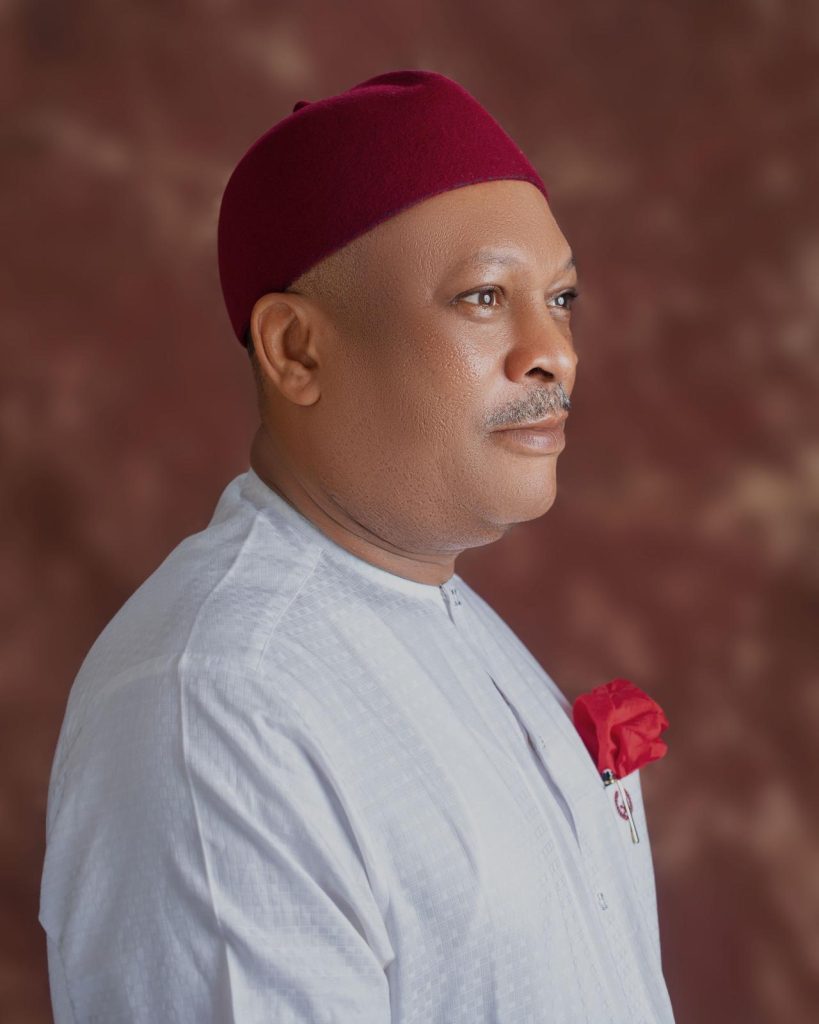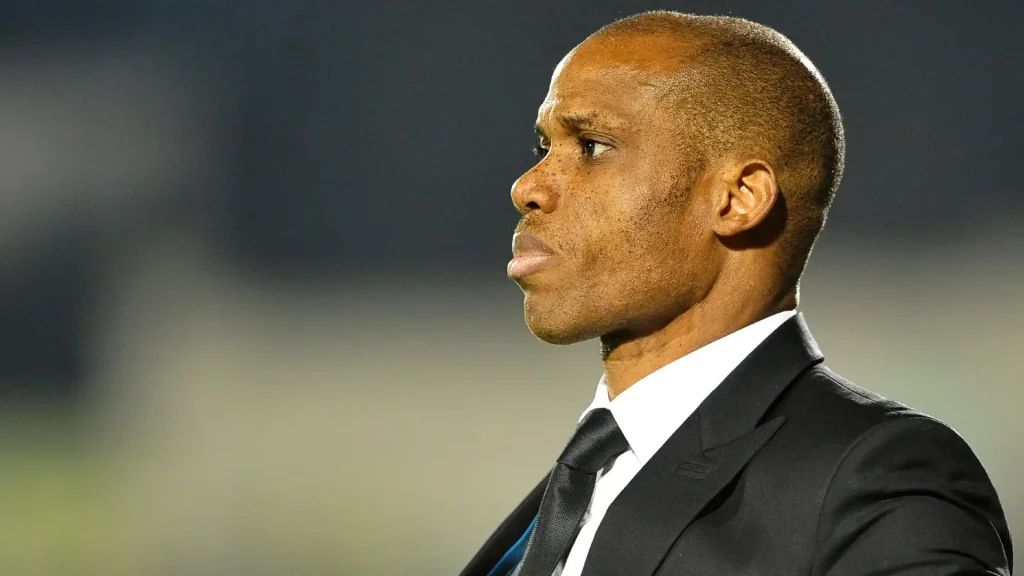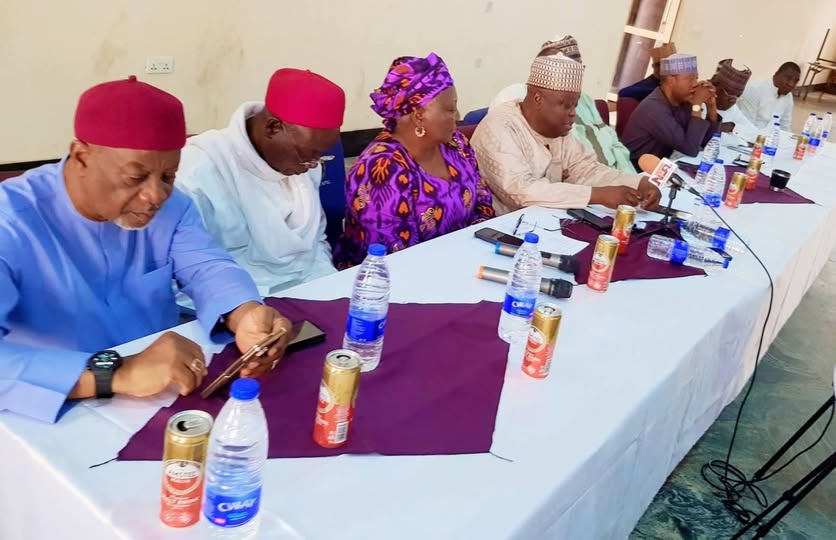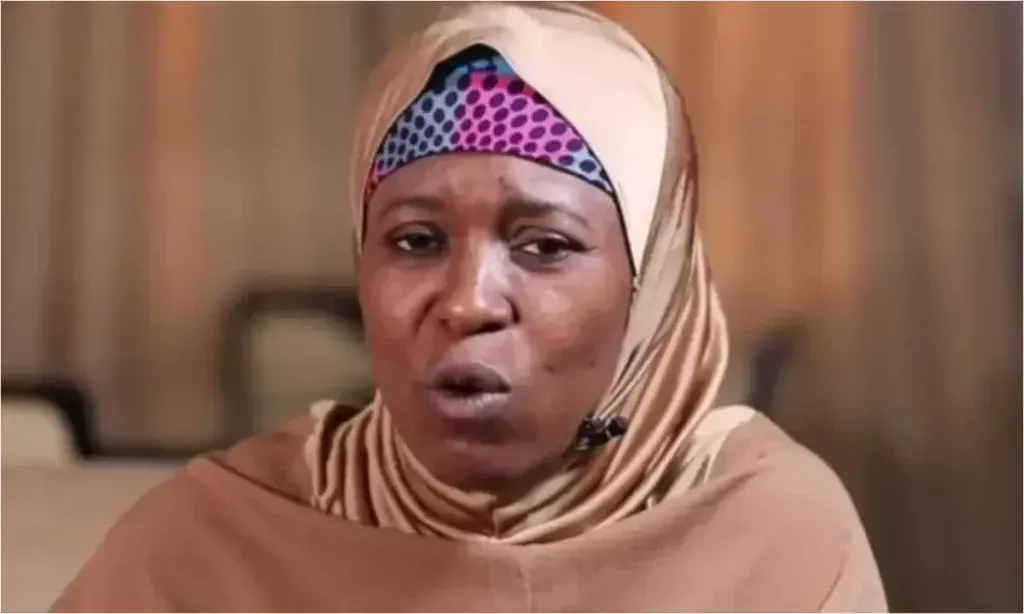Benin has recorded its strongest economic performance in over three decades, with GDP expanding by 7.5% in 2024—the highest growth rate since 1990—as robust activity in services and manufacturing fuels development. The World Bank commended the West African nation’s macroeconomic stability while urging reforms to ensure broader societal benefits from its economic momentum.
The growth surge coincides with measurable progress in poverty reduction, with the poverty rate dropping from 33.2% to 31% within a single year. Fiscal discipline has also strengthened: Benin met the West African Economic and Monetary Union’s (WAEMU) 3% budget deficit target and reduced public debt, creating room for strategic investments. Analysts project annual growth will average 7.1% between 2025 and 2027, potentially lowering poverty to 22.3% by the end of that period.
Tax reforms have driven notable improvements, with revenue rising from 9.2% of GDP in 2016 to 13.2% in 2024. However, this remains below regional peers, prompting the World Bank to advocate for modernizing tax systems through digitized collection methods and more progressive policies. Such measures, combined with optimized social spending, could lift over 100,000 people annually out of poverty, according to the institution’s estimates.
Infrastructure projects like the Glo-Djigbé Industrial Zone—a hub for textile and agricultural processing—have positioned Benin as an emerging player in global value chains, attracting foreign investment. Yet challenges persist. Despite declining poverty, inequality remains entrenched, and a narrow tax base limits funding for healthcare, education, and social safety nets. The World Bank emphasized that sustained progress hinges on prioritizing “tax justice” and redirecting resources to vulnerable populations.
While Benin’s fiscal achievements demonstrate its capacity to balance growth with stability, experts caution that translating economic gains into equitable outcomes requires systemic changes. With budgetary constraints easing, the government faces heightened expectations to address structural barriers—a test of whether rapid GDP expansion can foster inclusive prosperity in one of Africa’s fastest-growing economies.



